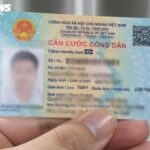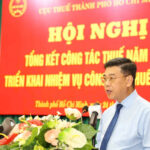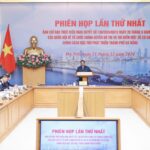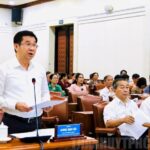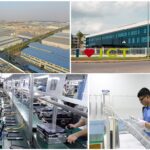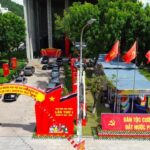Local Authorities Struggle with New Delegated Powers
On July 29, in Hanoi, the Department of Crop Production and Plant Protection (CPPP) – Ministry of Agriculture and Environment (MAE) organized a training conference to disseminate legal regulations related to decentralization in the field of crop production and plant protection. The conference was attended by representatives from 34 provinces and cities, along with leaders of municipal departments, associations, and regional plant quarantine agencies.
The conference focused on addressing challenges in implementing the 22 administrative procedures that have been decentralized by the MAE to the provincial People’s Committees. However, many localities reported difficulties due to incomplete information dissemination, lack of specific guidance, and local officials’ unfamiliarity with specialized documents.
This situation directly impacts agricultural production and export. Recently, several shipments of dragon fruit, chili peppers, yardlong beans, and pepper, among other products, were stranded at border gates while being exported to the European Union (EU) due to the lack of EU-compliant certification. With no authorized entity to issue the necessary certificates, businesses were left in a difficult position, even having to postpone export contracts.
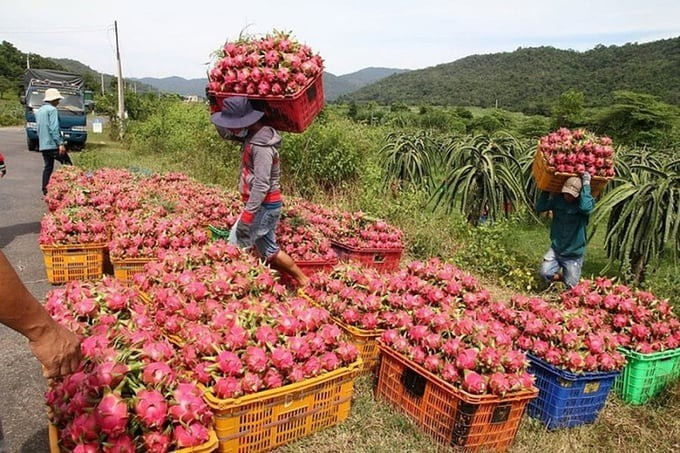
Local authorities struggle with new delegated powers, causing delays in the export of agricultural products to Europe. Illustrative image.
In response to this situation, on July 25, Prime Minister Pham Minh Chinh instructed the MAE and the People’s Committee of Lam Dong province to immediately address issues related to the issuance of documents for the export of agricultural products such as dragon fruit and pepper to the EU. This is a clear indication of the urgent need to support localities in mastering the procedures following decentralization.
Ministry Commits to Addressing Issues and Promoting Inter-sectoral Collaboration
At the conference, representatives from many provinces and cities highlighted specific difficulties in each procedural step. The Department of Agriculture and Rural Development of Hanoi proposed that the MAE provide detailed guidance on issuing permits for importing plant protection drugs for foreign organizations, clarifying the requirements for testing and regulations related to the Montreal Protocol. Hanoi also suggested improving the implementation process, as it is currently cumbersome and time-consuming.
In Ho Chi Minh City, the Department of Agriculture and Rural Development and the Department of Food Safety and Hygiene faced similar challenges in issuing food safety certificates for exported goods, especially the complex EU certification standards for which there is no specific legal guidance.
As a temporary solution while waiting for the completion of the official procedure, the Ho Chi Minh City Department of Food Safety and Hygiene has proactively implemented a temporary measure by receiving enterprises’ dossiers and submitting them to the City People’s Committee for signing according to the old template to avoid disrupting exports. So far, five enterprises have been handled through this approach, but the department admits that this is only a temporary solution.
The Ho Chi Minh City Departments of Agriculture and Rural Development and Food Safety and Hygiene requested the MAE to provide a list of organizations qualified to handle quarantine objects, offer specific guidance on recognizing testing organizations, and organize additional training sessions to standardize the handover process after decentralization.
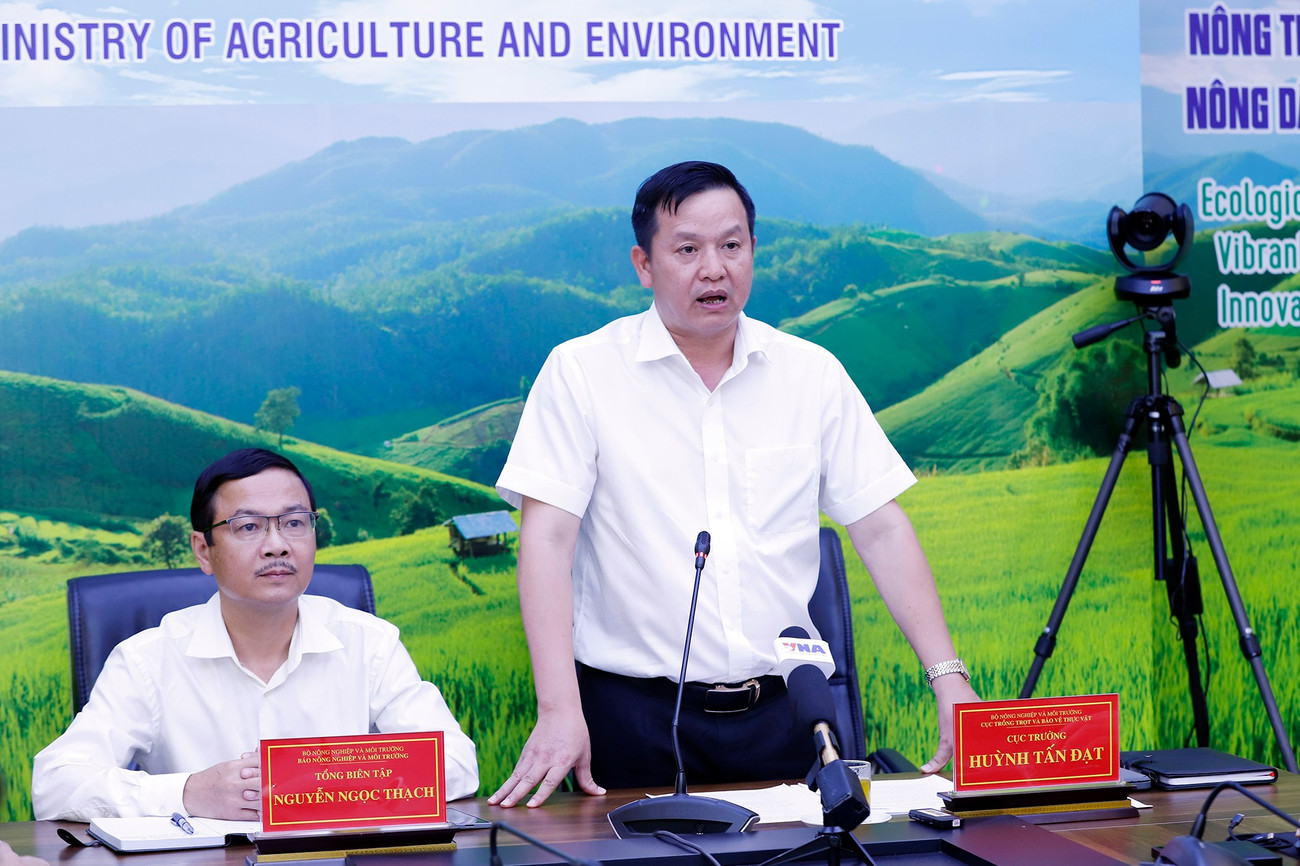
Mr. Huynh Tan Dat, Director of CPPP, pledged to continue supporting and addressing localities’ concerns.
Speaking at the conference, Mr. Huynh Tan Dat, Director of CPPP, emphasized that the decentralization of the 22 administrative procedures is a significant step forward in administrative reform, reducing the burden on the Central Government, and promoting local initiative. However, he acknowledged that this process requires closer and more synchronized inter-sectoral collaboration.
“We will take on board all the feedback and develop a concrete action plan: enhancing training, improving communication with the public and businesses, and establishing an effective support mechanism between the Central and local levels through the specialized departments under the CPPP,” asserted Mr. Dat.
Going forward, the MAE and CPPP will continue to hold specialized conferences to listen to and address localities’ concerns to prevent any adverse effects on businesses, citizens, and ensure smooth exports.
Does Merging Wards and Communes Mean a New ID Card?
Many provinces across the country are undergoing a merger of wards and communes, and a question that arises is whether citizens need to reissue their identity cards in this case.
The Green Revolution: 9 Key Issues for Developing an Eco-Friendly Agriculture, a Modern Rural Economy, and a Cultured Farmer
“On December 31st, Prime Minister Pham Minh Chinh chaired a conference with farmers, themed ‘Igniting the Aspiration for Prosperity to Build a Prosperous and Happy Nation; Confidently Stepping into the New Era.’ The Prime Minister emphasized the need to review and refine policies to accelerate and boost the goal of developing ecological agriculture, modern rural areas, and cultured farmers.”
The City of Danang: Aiming for Double-Digit Growth
As the Prime Minister emphasized, a thriving Da Nang will spur economic growth across the entire Central and Highland regions of the country.
The Challenges of Implementing Decentralization and Devolution of Power in Ho Chi Minh City
Vice Chairman of the Ho Chi Minh City People’s Committee Duong Ngoc Hai shared his experience on implementing decentralization and delegation of authority in the city at the national online conference on reviewing the performance of the home affairs sector in 2024 and deploying tasks for 2025, held on the morning of December 21.


























